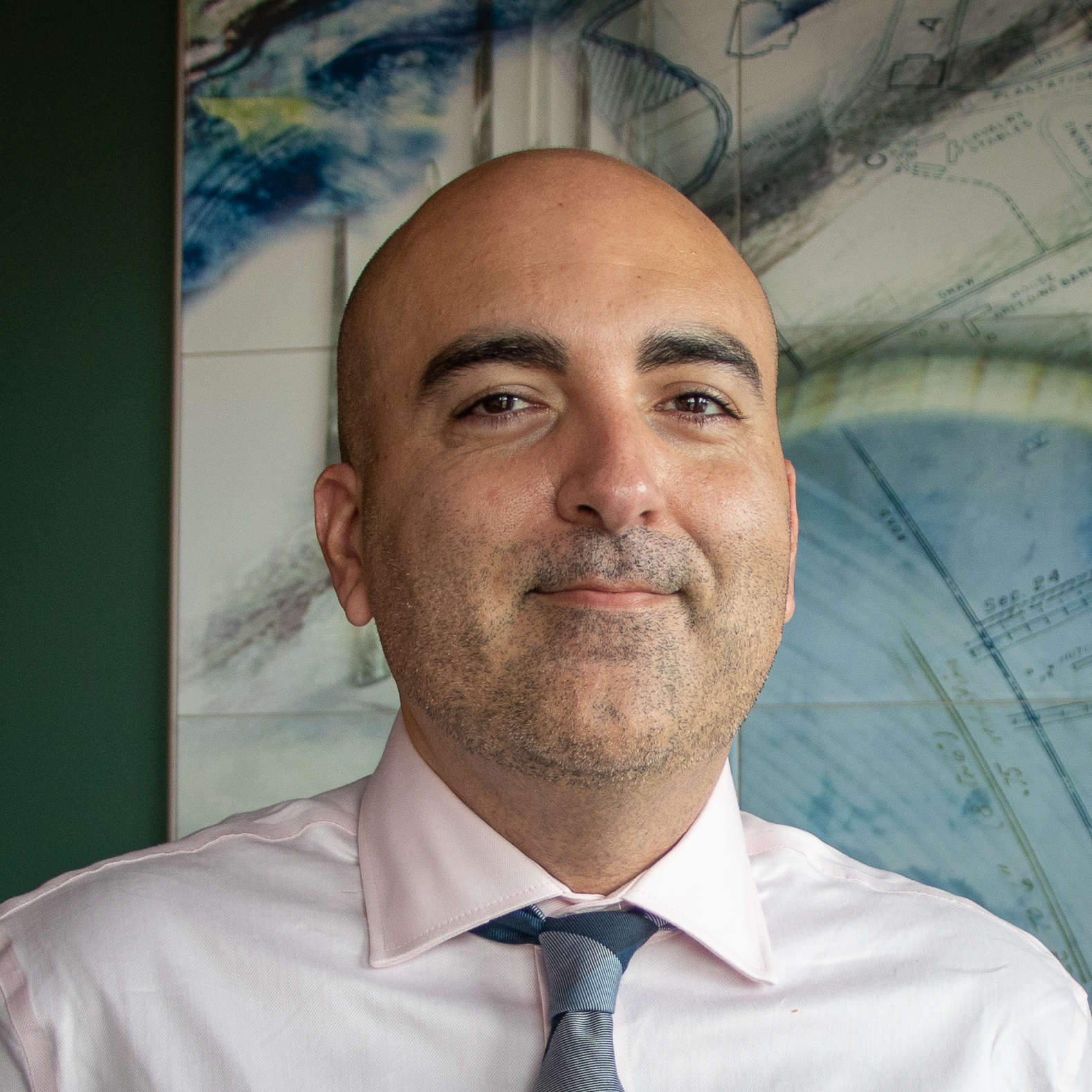Vaccine hesitation: Now it’s measles
March 29, 2024

Sean Valles has a simple approach to those who are reluctant to get vaccinated against flu, Covid-19, and other diseases like measles: listen to them and address their concerns.
A hard sell usually does not work, said Valles, PhD, a professor and director of the College of Human Medicine’s Center for Bioethics and Social Justice.
“People advocating for public health are going to have to change strategies,” he said, “because right now they’re losing the battle. There are a lot of reasons people are vaccine hesitant. How can we address the root causes?”
Vaccine hesitancy includes concern about potential side effects, a false belief that a vaccine can cause the disease it is supposed to protect against, unfounded rumors and distrust of medical science fed by Internet conspiracies, and even a fear of needles. Most vaccine skeptics are not completely opposed to vaccination, Valles said.
For some, the problem is less about fear and more a lack of access, often determined by race, income, and Zip Code. The National Network to Innovate for COVID-19 and Adult Vaccine Equity (NNICE), a partnership that includes MSU, Corewell Health and other organizations, was created to address that problem.
 The goal, Valles said, is “to find people in the community who can make the case for vaccines. It’s hard to scare people into healthy behavior. All you tend to do is make them more afraid.”
The goal, Valles said, is “to find people in the community who can make the case for vaccines. It’s hard to scare people into healthy behavior. All you tend to do is make them more afraid.”
Of particular concern are recent outbreaks of measles, including in Michigan.
“In the case of measles, it is so contagious, far and away more than almost anything else,” Valles said, “that we don’t have room for error.”
The mumps/measles/rubella (MMR) vaccine has been available and highly effective in preventing the deadly disease since the early 1970s, lulling some parents into a false sense of security that measles has been eradicated, although, in fact, it never left. Other parents fall prone to a highly politicized climate of misinformation.
“Vaccine hesitancy has sort of always been there,” Valles said, “but it’s become much more organized.
“There are always going to be those people who are going to be a hard no,” he added, “no matter what you say.”
The key, he said, is to find those who remain at least partially open-minded.
Read more about why vaccines are the best way to prevent measles from Peter Gulick, professor of Osteopathic Medical Specialties at the College of Osteopathic Medicine.
Related:
Valles comments in WILX news story: "New case of measles reported in Michigan"

